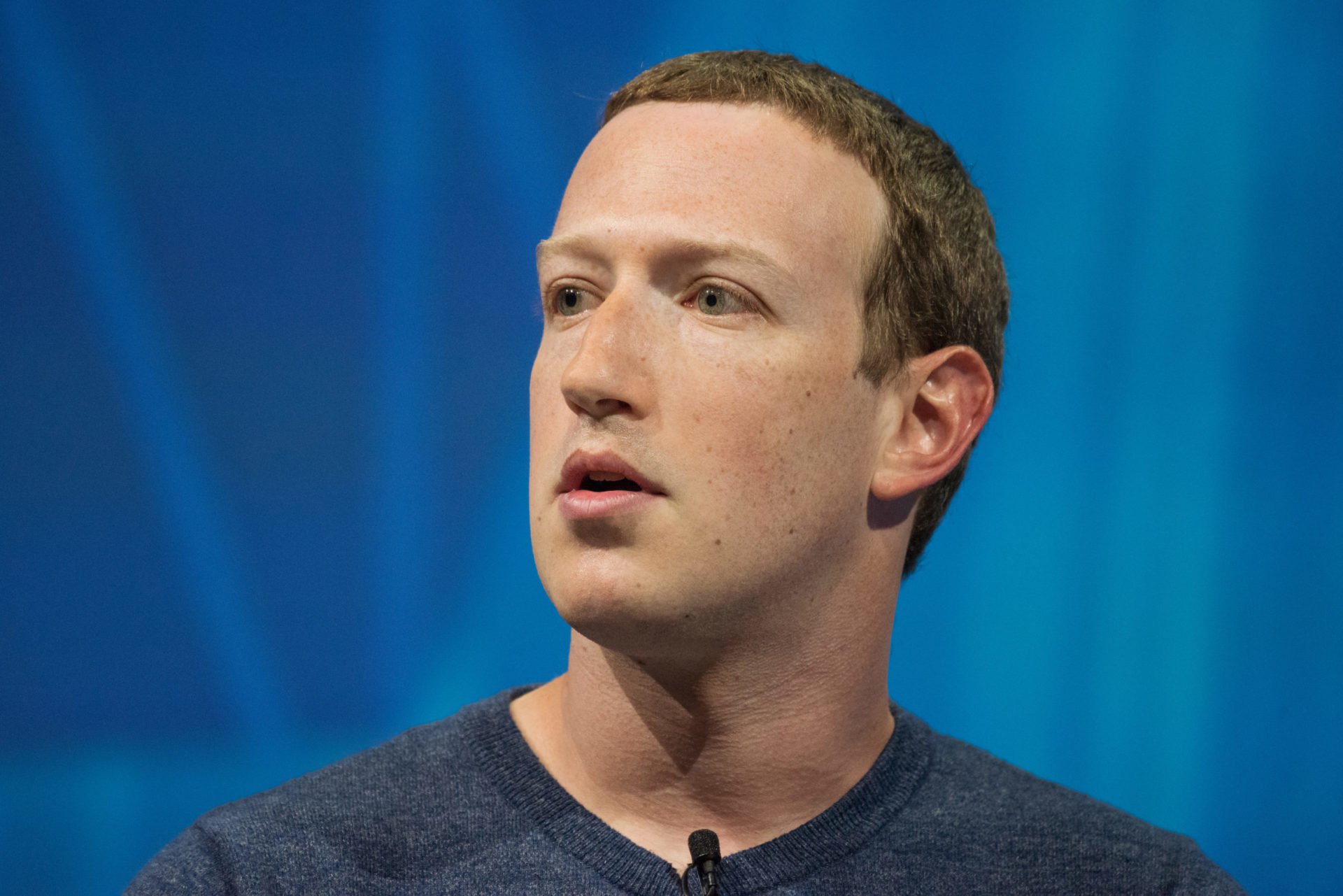Facebook’s newly-unveiled Libra digital currency is not just one more product announcement. It hints at an entirely new set of strategies for the company that may go considerably beyond its potential for payments and commerce.
Many have correctly noted that Facebook could profit from transactions if it were to host such a mass-scale cryptocurrency on its vast social networks. Wired has a superb overview of the currency plans. But there is more to say.
David Marcus, who heads Facebook’s crypto and currency efforts, is a talented and thoughtful leader with deep roots in digital finance. In designing Libra he has shown a strategic maturity seldom evident in the company’s other moves. For example, though the company intends to profit from transaction fees once it unleashes the Libra currency on its membership hordes, Marcus’ team created the independent Libra Association as the entity to set rules, maintain stability, and govern the currency. The association will be headquartered in Geneva, Switzerland, and won’t be controlled by Facebook, unless plans shift radically from what the company announced this week.
In fact, the social network only gets one vote among the 20 founding members it recruited for this launch phase. By contrast, a previous Facebook-led “consortium,” Internet.org, started as a partnership with companies like Samsung and Ericsson but quickly turned into just another Facebook business unit.

But the fact that the company is possibly learning to work better with others is not the only appealing thing about this innovation. I will spare you the details about how Libra will operate–well-described elsewhere–but as you’ve no doubt heard it depends on a blockchain architecture, the sort derived from the innovative framework that underpins Bitcoin. And here’s how the company describes its approach to the Libra blockchain in the official “Libra White Paper” composed by Facebook’s employees to describe this project: “Our commitment is to work in the open with the community and hope you read, build, and provide feedback.”

Facebook has hardly ever before spoken that way about anything it did. It has never worked in the open. In fact its relentless secrecy and self-interestedness has helped turn many professional observers like me from enthusiasts into critics. (I wrote a generally-laudatory and detailed book back in 2010 about the company entitled The Facebook Effect.)
Meanwhile, Facebook’s attention- and data-based ad targeting system, upon which its huge financial success relies, is under major assault. It’s a poorly-governed system that can easily be abused. It is garnering criticism from global society with an intensity one company’s products seldom have ever before, for how it contributes to political manipulation, distraction, addiction, and the violation of privacy. The company clearly needs a hedging strategy in the increasingly likely event that regulators around the world force it to change that personal-data-based advertising business model in ways that reduce its profits and/or diminish its growth.

That could be with Libra becomes. As I read through the white paper, I stopped short when I ran across one brief paragraph buried deep in a section otherwise turgidly describing the functions of the Libra Association:
“An additional goal of the association is to develop and promote an open identity standard. We believe that decentralized and portable digital identity is a prerequisite to financial inclusion and competition.”
Here’s why that paragraph is a bombshell: In the hand-wringing and machinations precipitated in recent years by the repeated disasters that have befallen users of Facebook’s networks, company critics have often landed on exactly that sort of digital identity as a possible remedy. I’ve been part of numerous tech industry, NGO-led, and private conversations devoted to deconstructing Facebook’s failures and thinking about how to remedy them, in which such a notion was vetted.
One of the most central innovations represented by Facebook itself, when it emerged 15 years ago, was that it was “identity-based.” Prior to Facebook, people were mostly anonymous online, and had essentially no way to express who they were. So for that same company now to be saying that “decentralized and portable digital identity” is urgently needed is quite a turnabout.
The reason what’s often called “sovereign digital identity” is so appealing as an alternative to how Facebook operates today is that it might enable the company’s customers to take control of their own personal data and of who gets access to it. Today Facebook harvests and exploits our data to seduce our attention and sell advertisers the right to target messages to us. But it’s possible to imagine an alternative information marketplace where we–the users, customers, citizens of the platform–got paid directly in some way for our attention by marketers and other commercial entities. In such a system, a platform like Facebook would probably serve more as a broker. It would still make money, but we platform citizens would have more agency and be less manipulated.
At the Techonomy NYC conference in May 2017, the ever-thoughtful New York venture capitalist Fred Wilson said that “the most disruptive business model” to potentially create an alternative to Facebook’s attention-based ad one would be based on tokens in which “people who create the value in the systems get rewarded.”
Libra sets up the potential, at least, for something like that to happen.
Interestingly, Union Square Ventures, where Wilson is managing partner, has become one of 28 founding members of the Libra Association. In his own short essay on why Union Square joined, Wilson doesn’t mention the white paper passage I quoted. But he does point out that if Libra took off at scale, it would bring what he calls “crypto-compatibility” to more apps, browsers, phones, etc. That would enable extensive financial innovation by others, he continues. But then he says “perhaps most importantly, we will open the door to self-sovereign digital identities (private keys) that are the underpinnings of user-controlled privacy and control of data.”
That would be exactly what many think Facebook should most fear, unless it were open to developing such a system itself.
So you should see this major new initiative as more than just the way to overlay commerce and digital payments onto Facebook’s numerous communications networks and create a new revenue stream. It is laying groundwork in case the beleaguered company might some day need an escape route, should it be forced to actually solve the deep and pernicious problems created by its current data-based ad targeting. The digital currency itself would be a perfect tool for making micro-payments to users in exchange for their attention or their willingness to look at ads. If that happened, it would be very much like what Wilson proposed at Techonomy NYC in 2017.
Such a transition for Facebook would be agonizing and would happen slowly, perhaps even imperceptibly. The company would not eagerly choose such a path.
But plenty of people think the way to kill Facebook could be to build a blockchain-based, privacy-centric social network. With the launch of Libra, Facebook has, among other innovations, given itself a possible escape route to do that itself. In business it’s sometimes called cannibalizing yourself before others do it to you. It’s one of the hardest transitions any business ever does.
For all his mistakes, Facebook CEO Mark Zuckerberg has proven to be a master strategist. In buying first Instagram and then WhatsApp, he broadened his company’s success. Instagram turned into a brilliantly-executed hedging strategy to retain younger users as they lost interest in the core Facebook product. So we know he’s great at hedging against risks.
With the help of David Marcus, he may have just done it again.















